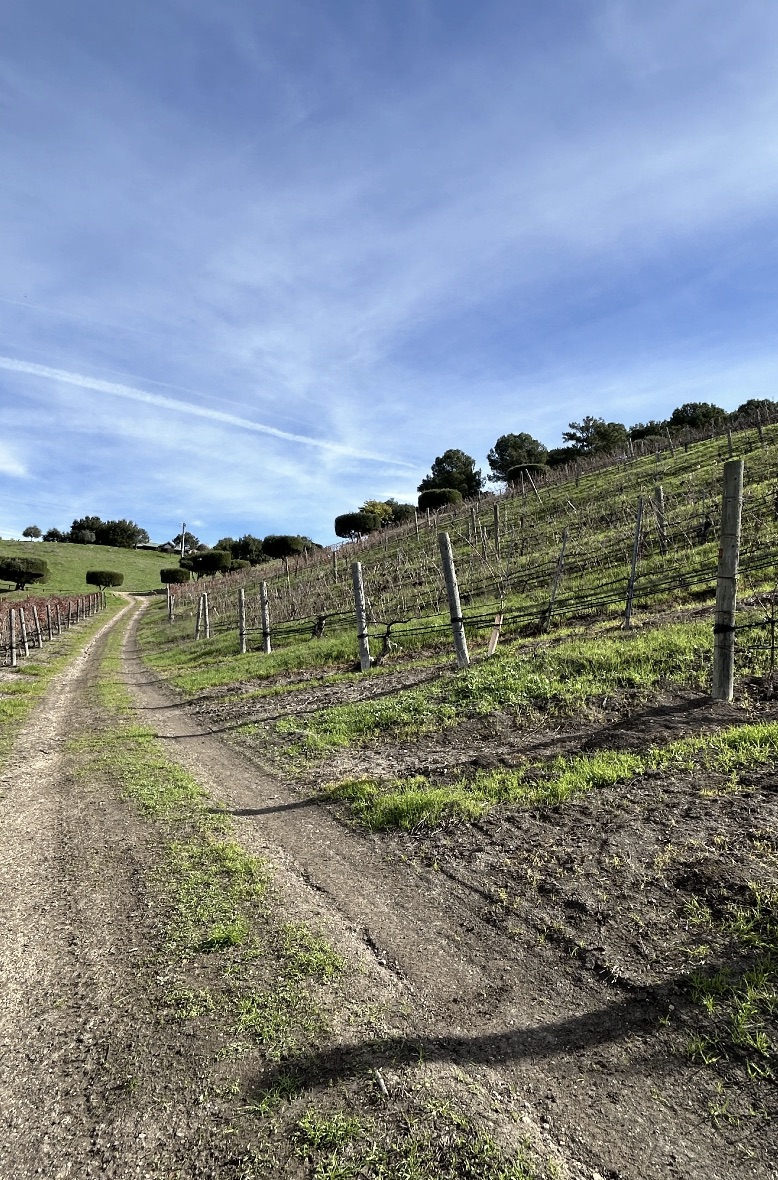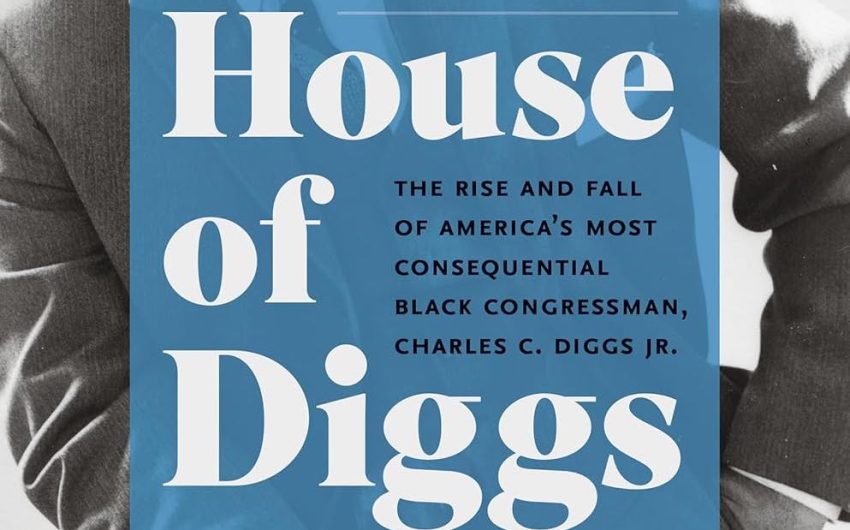The county supervisors on Tuesday approved one small but procedurally crucial step that could pave the way for an election among county winemakers to create a vintners’ business improvement district to better market Santa Barbara County as the premier destination of choice for wine tourists and those looking to buy their wine directly from the producers. Should such a business improvement district be approved, it would be capable of generating $1.65 million a year, most of which would be used to more aggressively market Santa Barbara’s wine scene against such regional rivals as Paso Robles and Monterey.
A similar effort surfaced four years ago but got withdrawn in 2020 because of bitter opposition by some of the smaller vineyards. Whether those wrinkles have been ironed out in the intervening years remains a matter of conjecture, but Stephen Pepe, associated with Clos Pepe Vineyards, spoke passionately against the idea, pointing out that last time only 96 of the county’s 350 wine operators supported the idea and the rest opposed it.
He argued that the one percent levy on gross sales that the improvement district would impose was too much of a burden on smaller operators and constituted a new tax under state law, meaning that such a proposal would require a statewide vote of the people.
Under the scheme tentatively endorsed by the supervisors, such a vote would require a simple majority of the county’s wine growers. But under the rules governing business improvement district formation, votes are weighted based on a wine operator’s gross sales. For votes to be apportioned based on sales, the supervisors had to approve the release of otherwise proprietary sales tax data of all 350 operators to a private consultant. If 50 percent of all vintners — plus one — agree to the improvement district, the idea passes.
Tim Snider, head of the Santa Barbara County Vintners Association, argued that the new improvement district was necessary for Santa Barbara to remain regionally competitive.











